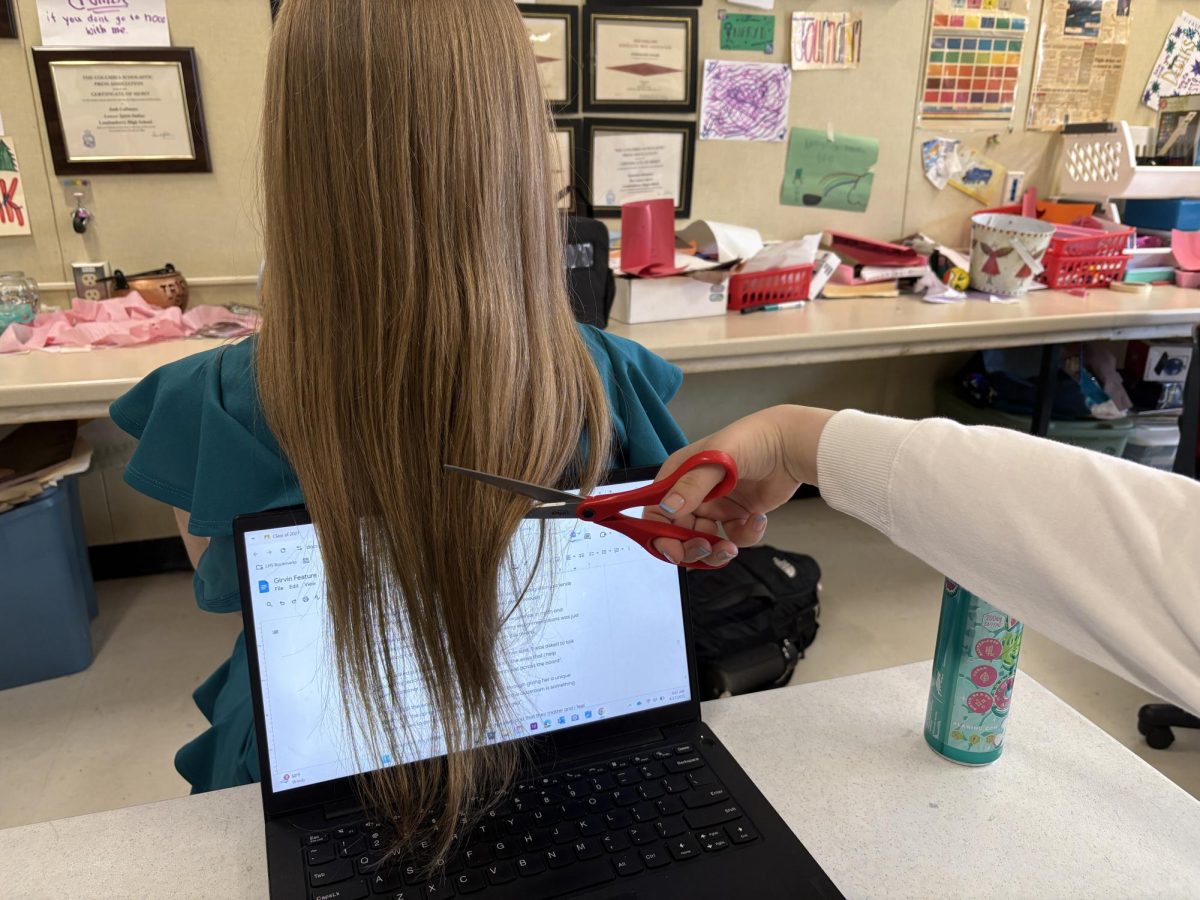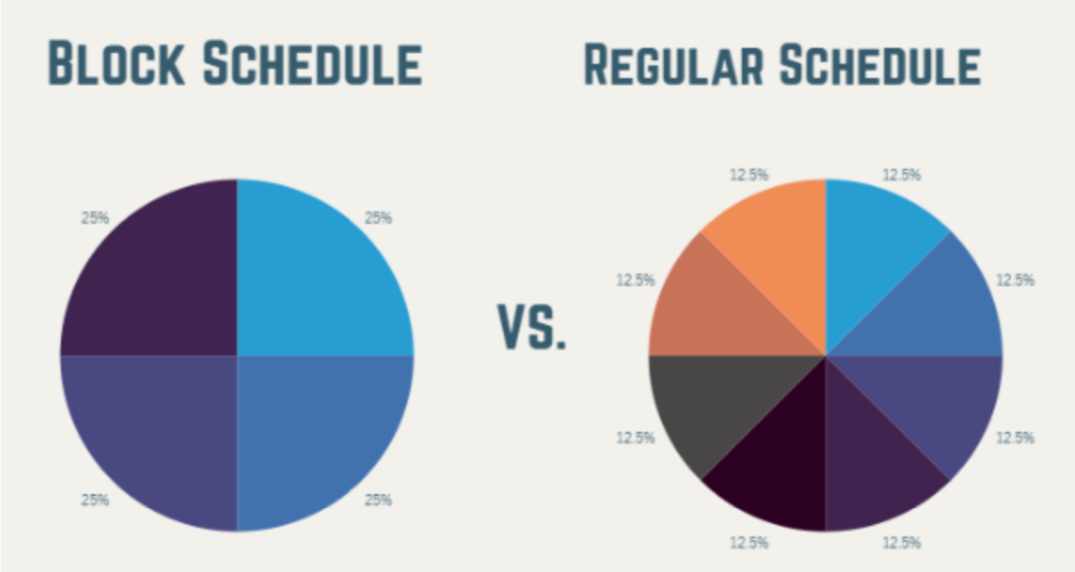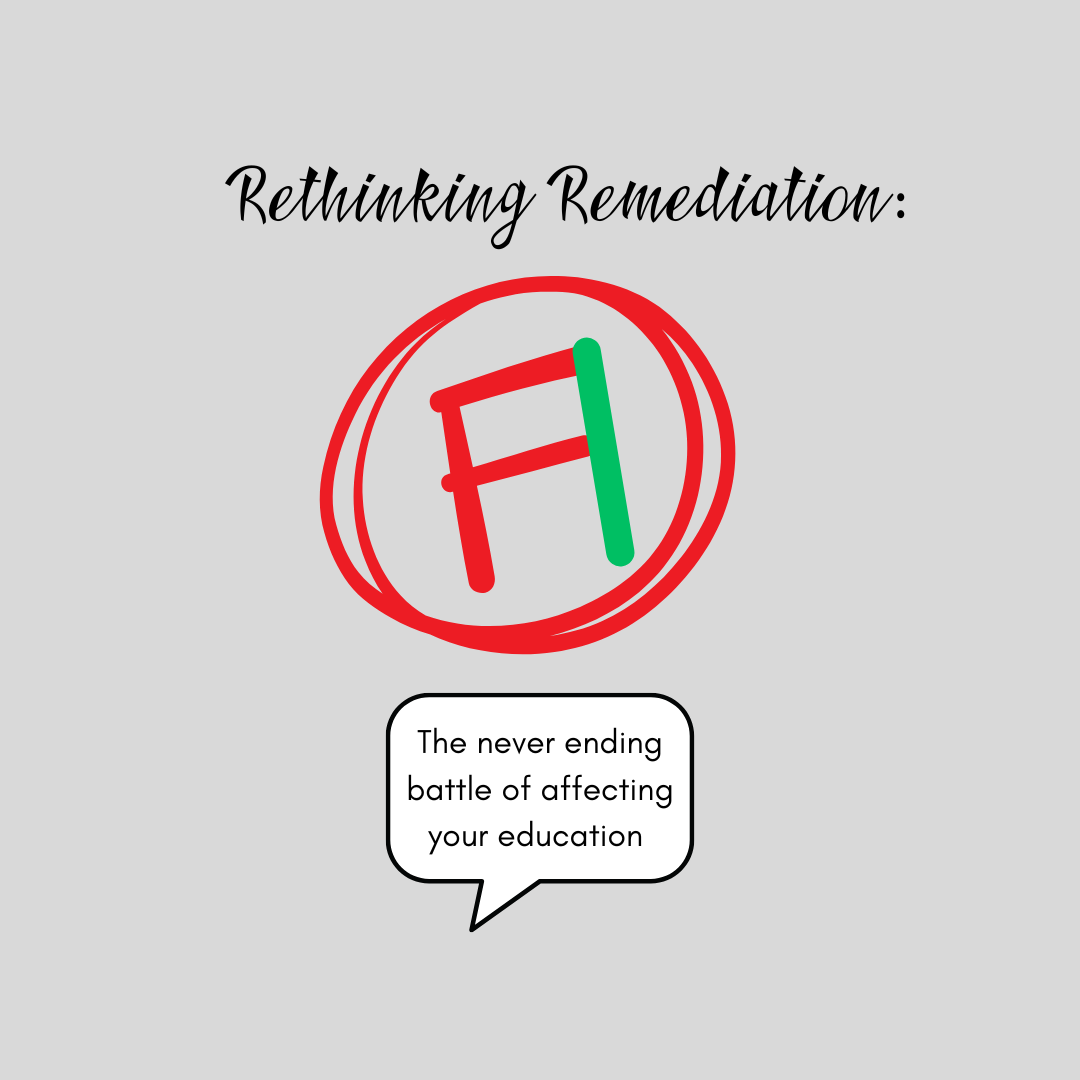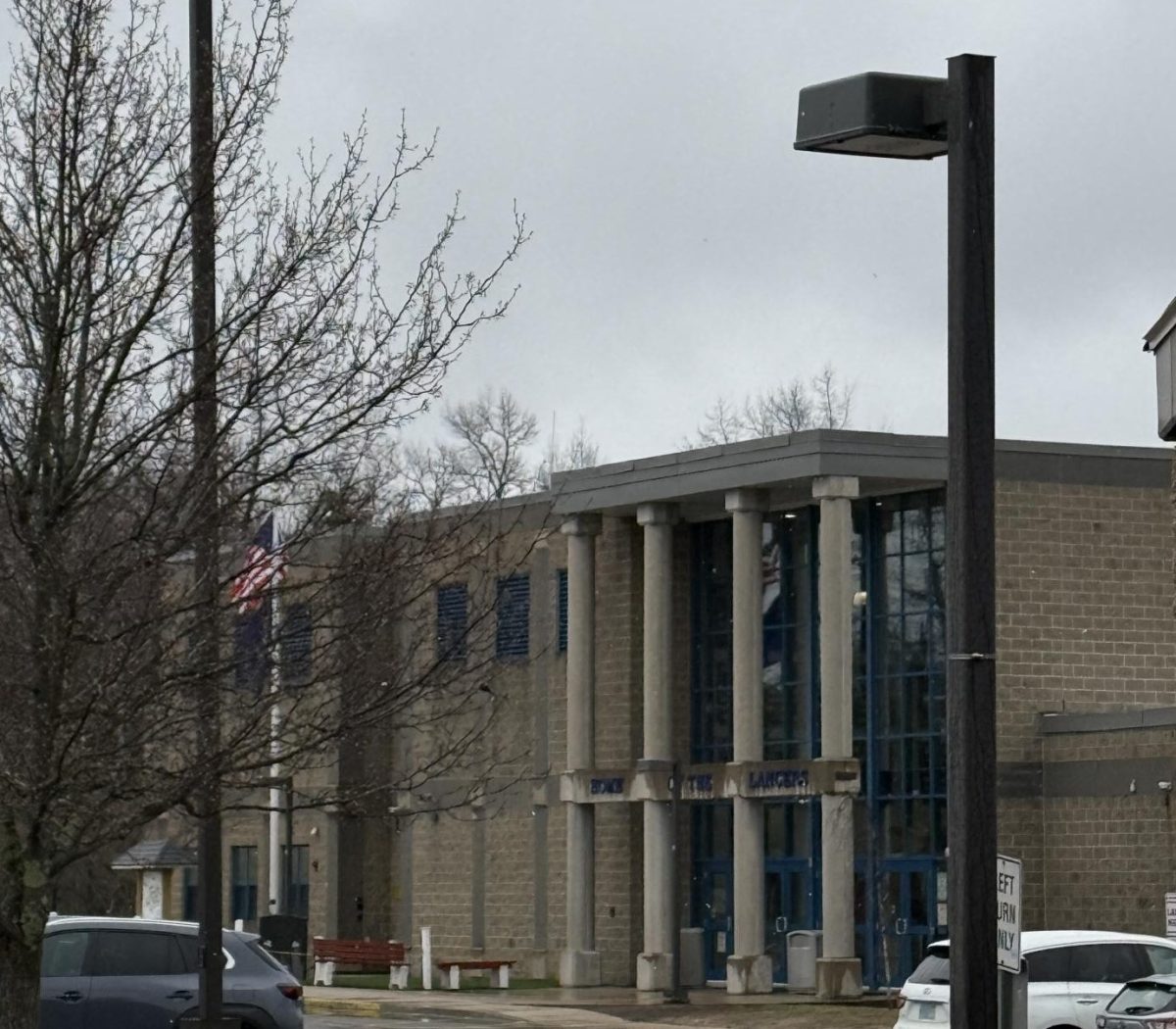Periods. They suck. They make us break out. They hurt, and they NEVER come at a good time. And always manage to ruin your good underwear.
For many girls, periods aren’t just a simple annoyance. Sometimes our cramps can get in the way of our lives and become a real issue. One of the first recommendations, when teens go to their doctors, is birth control pills. For many people, this tiny little pill is a great option for them.
And no wonder. Birth control is great for regulating period symptoms. They have been shown to help stabilize the regularity of your menstrual cycle, and can even lower you chance of some cancers. It can help with acne and sometimes alleviate cramps.
An over-the-counter birth control pill would revolutionize woman’s autonomy in the United States. In the wake of the overturn of Roe v Wade for many access to over-the-counter birth control has become even more important. In other countries where over-the-counter pills have been made available they have lower unwanted pregnancies, and have even impacted the teen pregnancy rate. The ease of access has also been shown to increase continuous usage by many women and have allowed for more than ever to see its long term benefits. But how do you know that they are safe for you?
Recently, with the overturn of Roe v Wade, many people have turned their attention to the fight for over-the-counter access to contraceptives. Just this November, HRA Pharma put in an application with the FDA to sell its pill Opil over the counter. With this growing demand among Americans to catch up with other countries, and finally improve an over-the-counter birth pill, there are still a lot of questions that are not yet answered.
And it is quite an essential step. It would greatly improve women’s autonomy of their own bodies, and revolutionize women’s (or any else with the ability to become pregnant) options to manage and plan their pregnancies. However, just two years ago in 2020, a study featured in Forbes found that not even half of American women received education on birth control.
There are three different types of oral contraceptives (aka birth control) and thousands of brands for each type. How do you know what kind is safe for you? Or, if there even a type for you at all? We’ve all seen those medical commercials that end with a long list of potential risks at the end. A lot of the time you see warnings such as an increased risk of blood clots, high blood pressure, and can even increase the risk of certain cancers. When was the last time you thought of the risks that come with your birth control pill?
The Opil pill is one of the safest pills out there right now. According to Medscape, a lot of doctors they spoke to think such a pill would be an amazing option to be sold over the counter. However, most people don’t understand the differences between Opil and other pills that make it safer. What makes one contraceptive safe for them to use and not another? Each pill works slightly differently and does different things. Even for women who are educated on contraceptives, and are knowledgeable on these things, how much do they know about their own health?
A study discussed in NBC News revealed the sad fact that women are commonly diagnosed significantly later than men and that is if that diagnosis is even correct. Even when a woman is diagnosed it is incredibly likely that it could be a misdiagnosis. As reported in The Cosmopolitan research has found that 57% of women have reported being misdiagnosed. This is especially true for heart disease.
If you have some kind of heart disease or blood mutation that is not commonly tested for it can go unnoticed for years. We’ve all heard the same list of potential risks from our doctors. And all of us have been assured that it is safe for us, that any risks are far outweighed by the benefits. But an underlying condition can easily turn one of those small risks into a real threat to you.
While this sounds very unlikely, this exact scenario nearly happened to me. I suffer from extremely painful cramps and other issues when I’m on my period. I made an appointment with my doctor to try and find a solution. His first reaction was to try to make me go on birth control–like every other teenage girl is told to do. However, my Mom refused to allow him to prescribe it until I was tested for the same genetic blood mutation that she had: Factor 5 Leiden Mutation, which makes our blood clot extremely easy.
Suddenly that little list of risks on the back of the bottle became so much more important. I got tested and it came back positive. If my doctor had put me on birth control, I would most likely have been hospitalized or even died (in the worst-case scenario) from my blood clotting as a result of the birth control.
There’s a reason why the FDA hasn’t approved it yet. There can be significant dangers to using contraceptives, and the safest option is to ensure that it’s only being used under doctor supervision so that if it does end up aggravating an unknown underlying condition it can be caught before it is too late. Yes, periods can suck. They’re not fun for anyone involved. But is getting control over it worth the risk to your life?


















Abigail Carey
Jan 23, 2023 at 6:42 pm
If anyone is looking for affordable birth control, Planned Parenthood of Derry is a great option. Depending on income and insurance, visits and prescriptions can be free. Another option is the Equality Health Center of Concord, an independent reproductive health center.